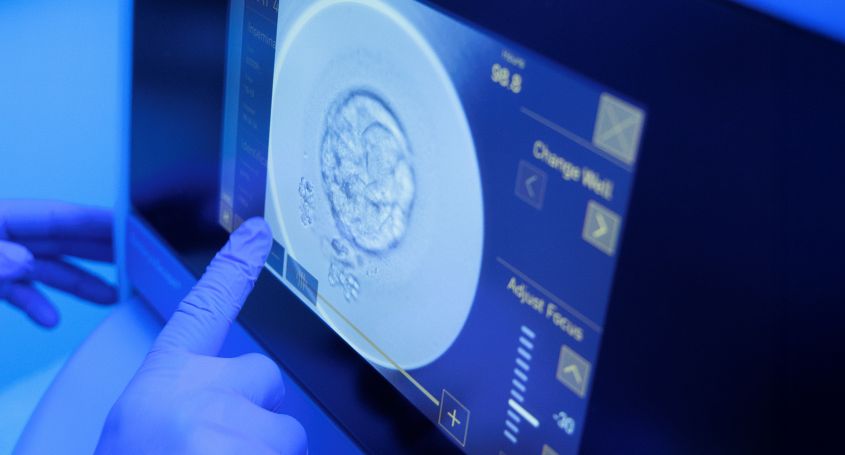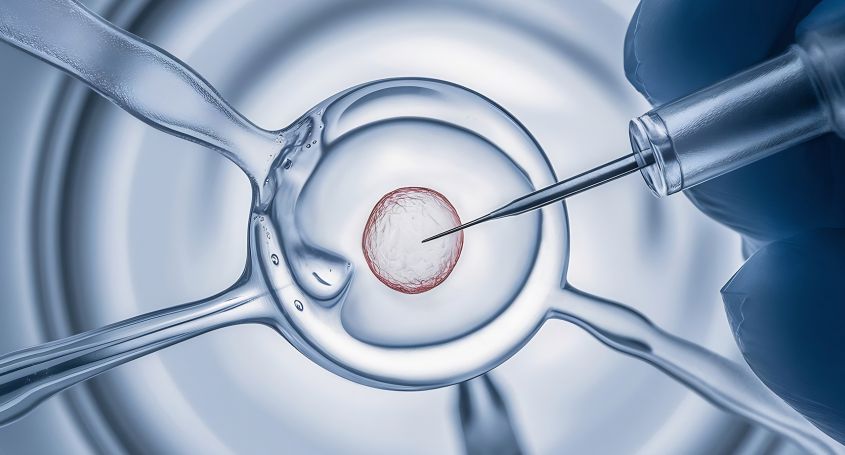The period between the embryo transfer and the expected date of the pregnancy test is known as beta-expectancy. This period of about 14 days is one of the most uncertain times.
During this wait, there can be an obsessive self-observation of "symptoms" in search of an early answer. Unfortunately there are no symptoms or signs that can predict the outcome of the cycle.
Many of the usual symptoms (drowsiness, nausea...) and signs (fluid retention, bloating...) are produced by hormones. Hormone levels are very high after fertility treatment and can therefore mimic what happens in pregnancy even though you are not pregnant.
The same is also true for "supposed" bad signs such as cramps or bleeding. Often, the symptoms in beta-pregnancy are similar to those experienced during the premenstrual period. After in vitro fertilisation , an increase in the size of the ovaries due to ovarian stimulation is common. This increase may cause the patient to feel as if she is about to get her period and have cramps. Something similar occurs with regard to the bleeding that some patients present a few days before the pregnancy test, which is none other than the so-called "implantation bleeding".
During this period it is just as normal to have some of these symptoms as not. Feeling them or not is not a "guarantee" of anything and does not give us any reliable information about the result. Therefore, the waiting state generates anxiety and stress, which does not benefit the positive outcome of the treatment at all.
Can stress change the result of the pregnancy test?
During Beta-waiting we are in a period of uncertainty which is very stressful. As the days go by, anxiety grows and doubts begin to arise. Stress is inherent to any fertility treatment and it is impossible not to experience it before the pregnancy test.
If you do a Google search, you can find articles such as the British Medical Journal that say stress does not affect the outcome and others such as Fertility and Sterility that say it does. In any case, psychological support, procedures such as acupuncture and medicines can help reduce stress during these days.
Is complete bed rest necessary during beta standby?
The period between implantation and the pregnancy test is a time full of questions. One of the most frequently asked questions is whether complete bed rest is necessary during these 14 days.
Some doctors mistakenly advise 15 days of complete rest and if the test is positive, return to normal life. But the truth is that it has not been proven that complete rest increases pregnancy rates. Therefore, it is advisable to continue with your daily routine and work, although it is important to avoid great physical effort or risky situations (it is not the best time to start mountain biking if you have not done so before).
In any case, it is important to bear in mind that a couple of hours of relative rest is necessary after the embryo transfer to reduce the contractions of the uterus that may occur. Afterwards, it will be enough to lead a normal life and try to neutralise negative emotions and reduce stress. These recommendations will shorten the waiting time and help to make the wait a little more bearable.















